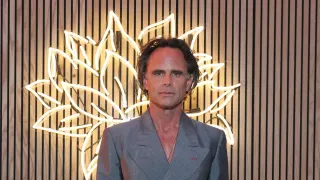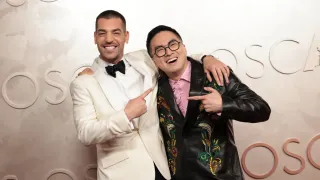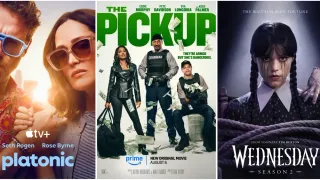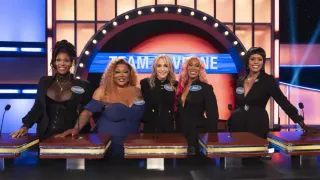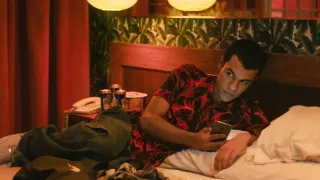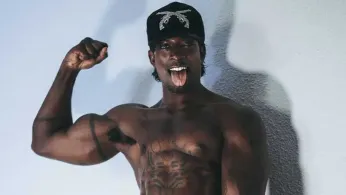
4 hours ago
Brandon 'Jonzu' Jones is Out-Of-This-World Seductive
Andrea Marks Joseph READ TIME: 17 MIN.
Their otherwordly sexual energy is mesmerising, and their tattooed abs are out of this world. Brandon ‘Jonzu’ Jones is seduction personified, and we can’t get enough of their Instagram posts. The gorgeous model, who uses he/they pronouns and describes themself as “Spicy Artist, Occasional Muse, Perpetual Goth Boy,” and all of these descriptors ring true in their Instagram profile, which is why we love their posts.
Seducing us while wearing latex fits and leather harnesses, Jonzu is the kind of sexy that leaves us breathless, panting, wanting more. Luckily, the model is very generous, sharing thirst traps and new shirtless photoshoots with us regularly. Their captivating eyes make it difficult to look away from every photograph, while their defined muscles inspire all kinds of thirsty fantasies.
Brandon ‘Jonzu’ Jones’ stunning, unique look ignites a fire within photographers to be creative with their vision, which allows Jones to spread their gorgeous wings with imaginative, experimental poses that showcase their skillful, sensual talent —which we always love to see in action!
